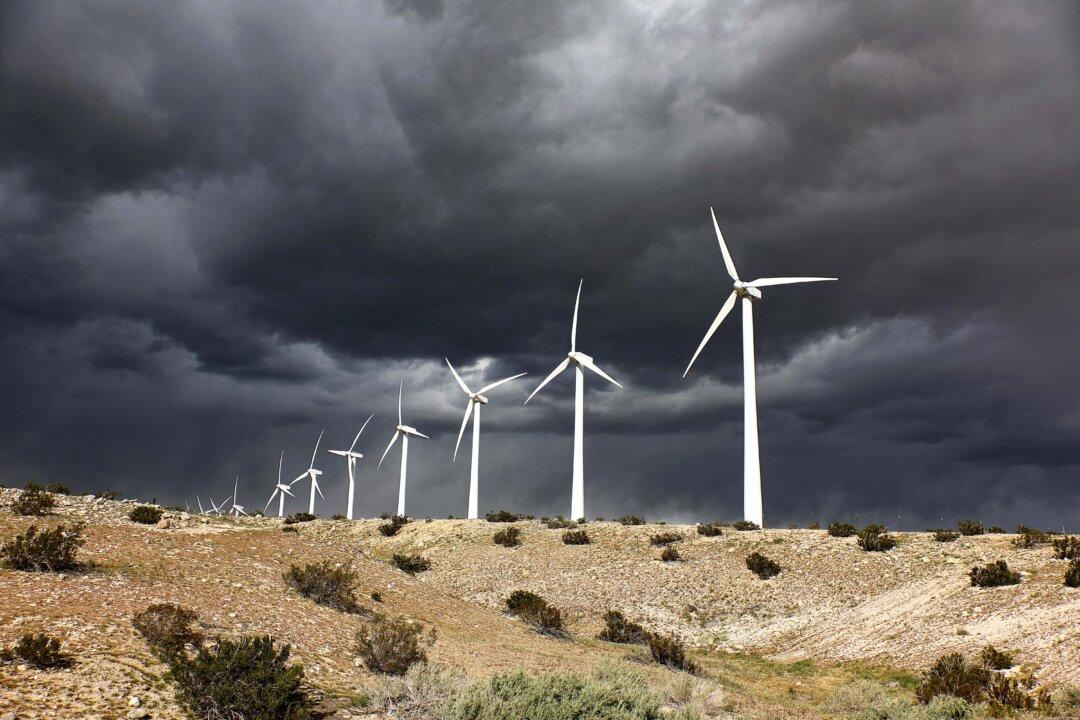The retirement of fossil fuel-based power generators and the increasing adoption of renewable energy over the next decade puts the United States’ electricity reliability at risk, according to a recent report by power grid watchdog North American Electric Reliability Corp. (NERC).
“[There’s] clear evidence of growing resource adequacy concerns over the next 10 years,” the Dec. 13 report reads.





